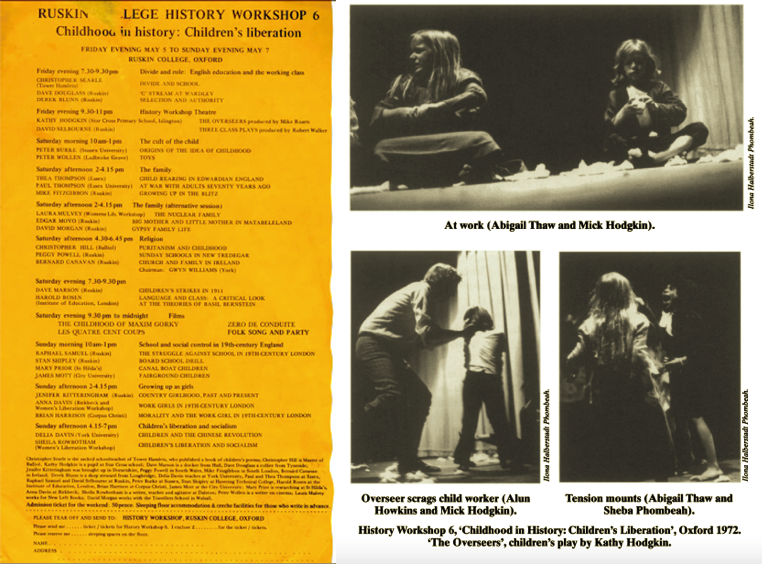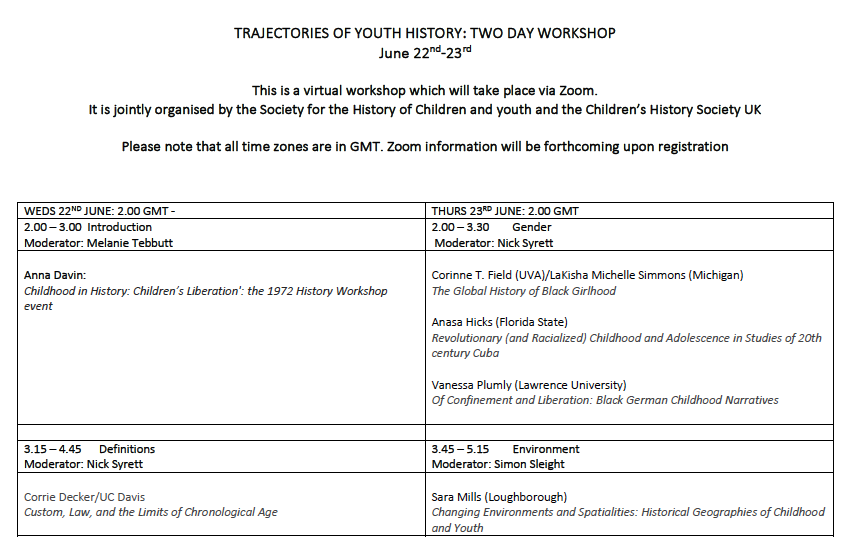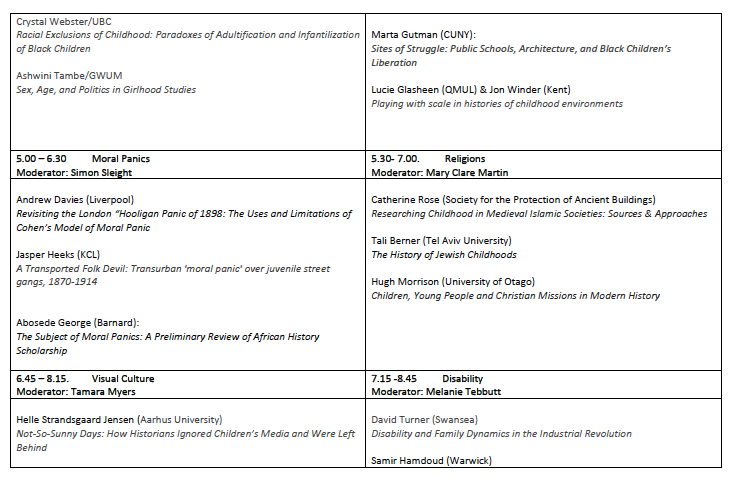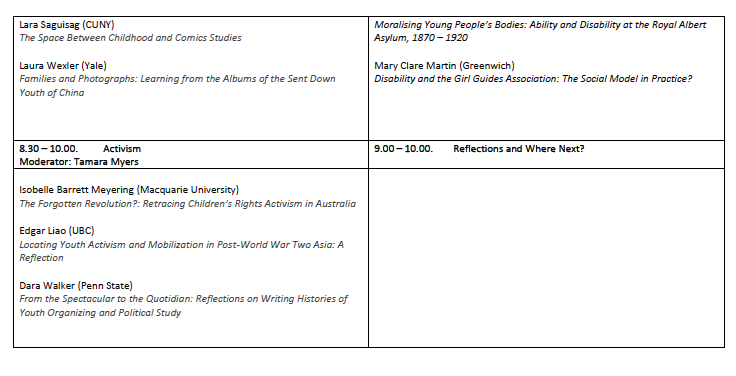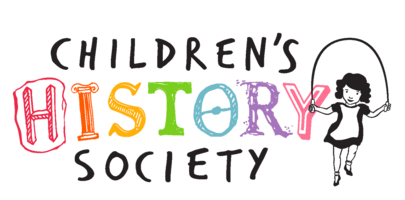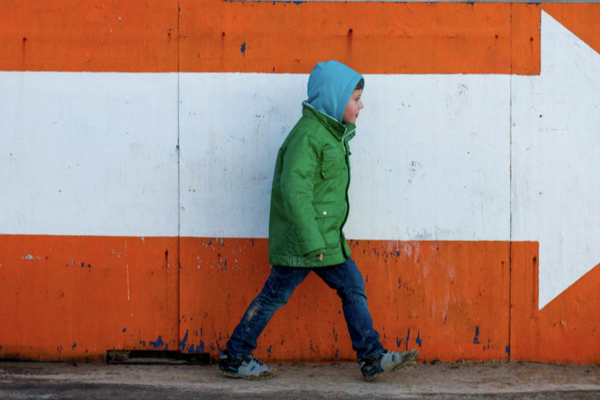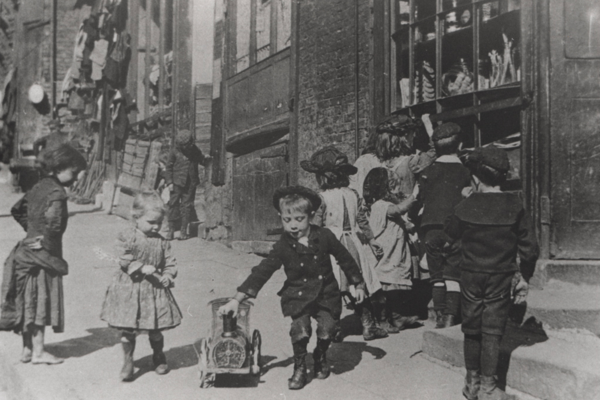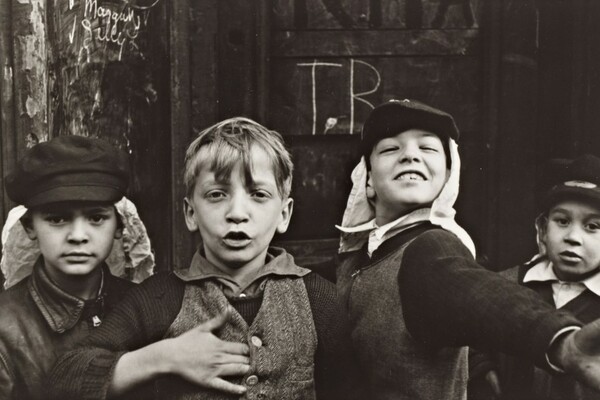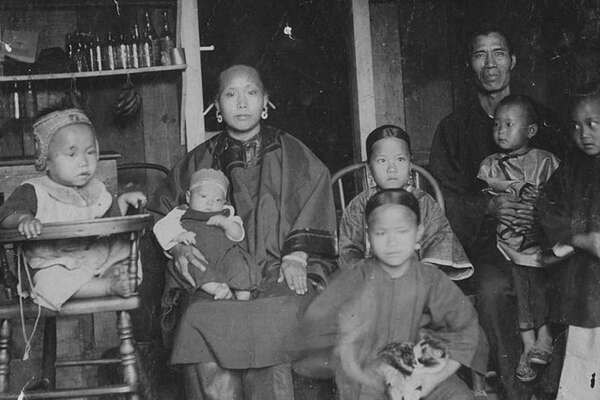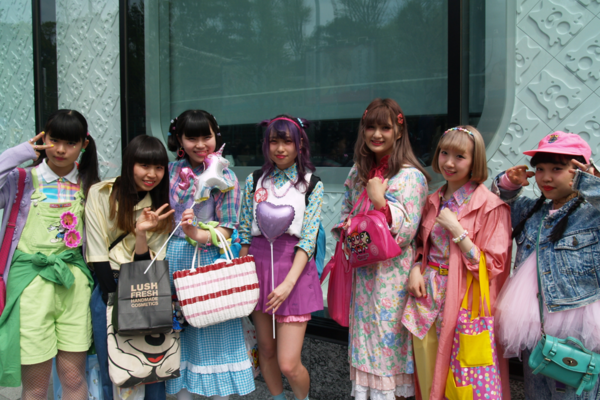We are pleased to make the recordings from this symposium freely available online. You can view the recordings from Day One and Two on our Resources page or YouTube.

Trajectories of Youth History
An online symposium co-hosted by the Society for the History of Children and Youth and the Children’s History Society
22-23 June 2022
This collaborative event explores the scholarly legacies of two significant moments in the emergence of youth history, each of which turns fifty this year. In May 1972, Ruskin College in Oxford hosted a pioneering event, 'Childhood in History: Children’s Liberation, under the guidance of the celebrated historian Raphael Samuel and the History Workshop collective. That same year, sociologist Stanley Cohen published his influential book, Folk Devils and Moral Panics: The Creation of the Mods and Rockers. Each enterprise helped establish frameworks for understanding the contemporary and historic significance of young people – a universal social demarcation until then receiving only sporadic scholarly attention.
Hosted over two half-day gatherings, ‘Trajectories of Youth’ seeks to reflect on the intellectual preoccupations of 1972, take stock of the development of the field since then, and capture a flavour of the pioneering histories of youth being written today. Organised around eight panels which seek to pay homage, challenge, extend and globalise the categories of analysis current half a century ago, invited speakers (at different career stages) will deliver 20-minute papers, followed by workshop-style discussion. The panel themes; Definitions, Activism, Gender, Moral Panics, Religions, Disability, Changing Environments and Visual Culture, will highlight key aspects of the representation and experience of young people. Anna Davin, a founder member and editor of History Workshop Journal will set the context of 'Children’s Liberation' in 1972, and the event will end with reflections on 'Where next?'
***
This is a free online event open to scholars, teachers, students and others interested in the history of children and youth. We welcome attendees of all ages from all corners of the world.
Registration is Essential. CLICK HERE TO REGISTER!
You can read a little about Ruskin College's History Workshop and view the draft program for our two day workshop below.

History Workshop
In May 1972 Ruskin College's popular History Workshop movement turned its attention to children's history. The three-day workshop, on 'Childhood in history/Children's liberation', featured sessions on the history of the working class children, the cult of the child, religion, school and social control, girlhood, the family and children's liberation.
Among the many scholars speaking at the event was Anna Davin, later a founding editor of History Workshop Journal, who delivered a paper on 'Work Girls in 19th-Century London'. Peter Burke spoke about the 'Origins of the Idea of Childhood', Laura Mulvey about 'The Nuclear Family' and Sheila Rowbotham about 'Children's Liberation and Socialism'. In one session Dave Marson - whose 1973 History Workshop pamphlet brought to light the little-known mass walkouts of schoolchildren in the UK and Ireland in 1911 - shared a panel with the esteemed British educationalist Harold Rosen.
Like all History Workshops it was a 'carnival of scholarship'. There were panels, film screenings, plays and a folk concert. Children and adults participated. Anna Davin's eleven-year-old daughter Kathy wrote the play, 'The Overseers', which was produced by the young Michael Rosen and performed by others who enthusiastically joined the performance on stage. The play told of the terrible injustices inflicted on nineteenth-century children by adults before ending, rather refreshingly, with the children launching a successful rebellion against their adult oppressors.
Program of Speakers
While there won't be a film screening or folk concert at this online workshop, we have lined up an incredible program of speakers from different stages of their careers. We have also thought carefully about the timing to make everything as accessible as possible in different parts of the world.
You can download our draft programme or view it online below. We will continue to update the programme over the coming days.
